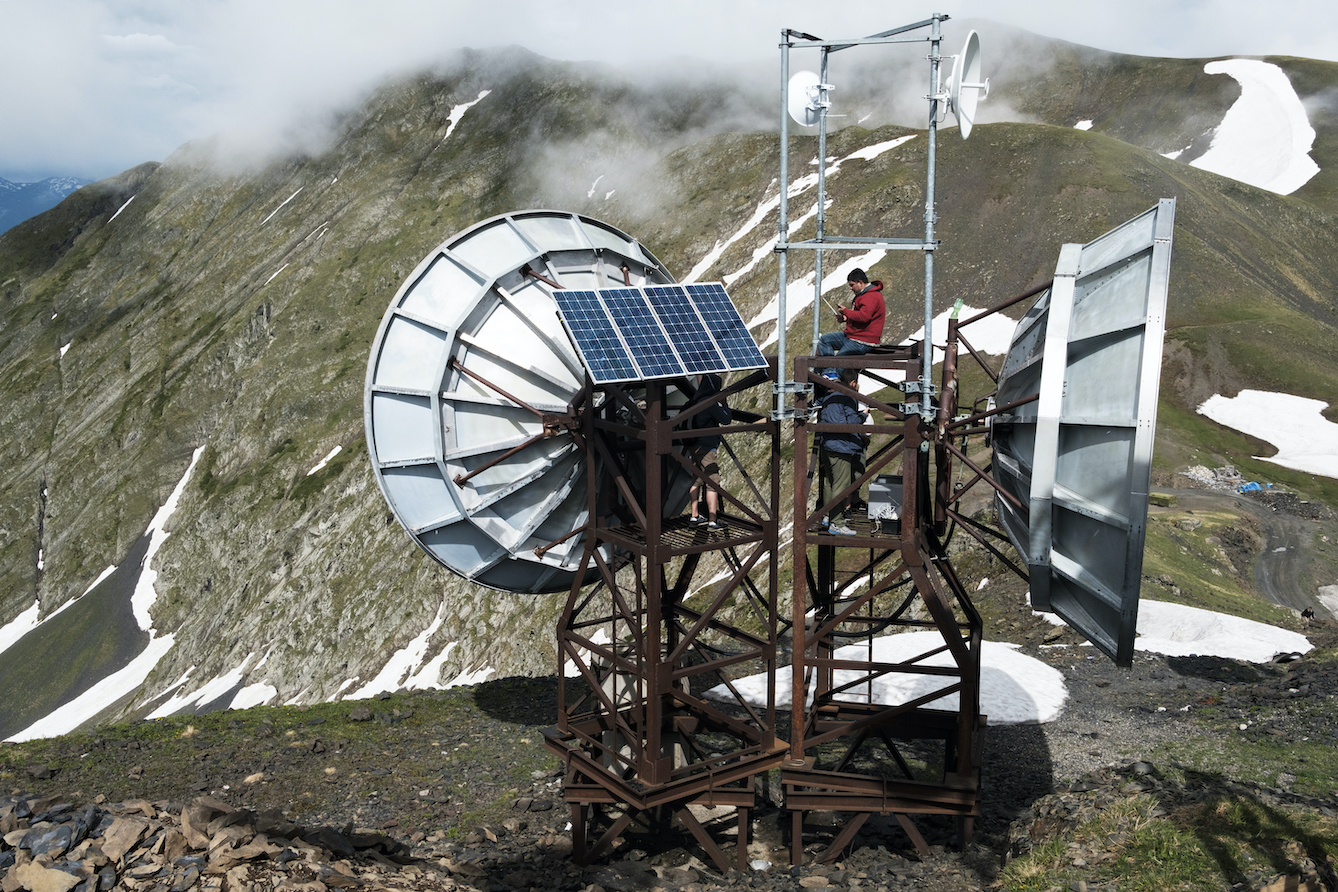
This planning grant will launch interdisciplinary research into community-powered telecommunications systems in support of the economic, scientific, and socio-cultural needs of Inuvialuit communities in Canada’s Northwest Territories. The Arctic is facing unprecedented changes, including rapid environmental shifts and increased globalization. A wide range of organizations, from national governments to the Arctic Council, have pointed to improved Arctic telecommunication as one solution to growing challenges related to these changes. In spite of strong interest, a majority of the work to-date has focused on national-scale initiatives and industries, and small Indigenous communities remain underserved and incapable of leveraging technology advances to ensure their own resilience. Significant gaps remain in our understanding of how digital infrastructures and services can be best designed to support the unique needs of Arctic communities.
This funding grant will be used to plan convergence research, in collaboration with the Internet Society (a major Internet advocacy NGO), the Inuvialuit Regional Corporation (the regional governing organization) and the Inuvialuit community of Ulukhaktok, to explore this work. Ulukhaktok offers a unique case study for this work as they are planning the deployment of a pilot community network later this year. In support of this deployment, the researchers will hold a series of workshops that build local connections and refine research questions related to the long-term study of both the longitudinal operation of the network and the socio-cultural impact of improved connectivity. This planning will guide and inform subsequent full research proposals to the NSF Navigating the New Arctic and Smart and Connected Communities Programs focused on broad connectivity solutions and impacts for indigenous Arctic communities.


